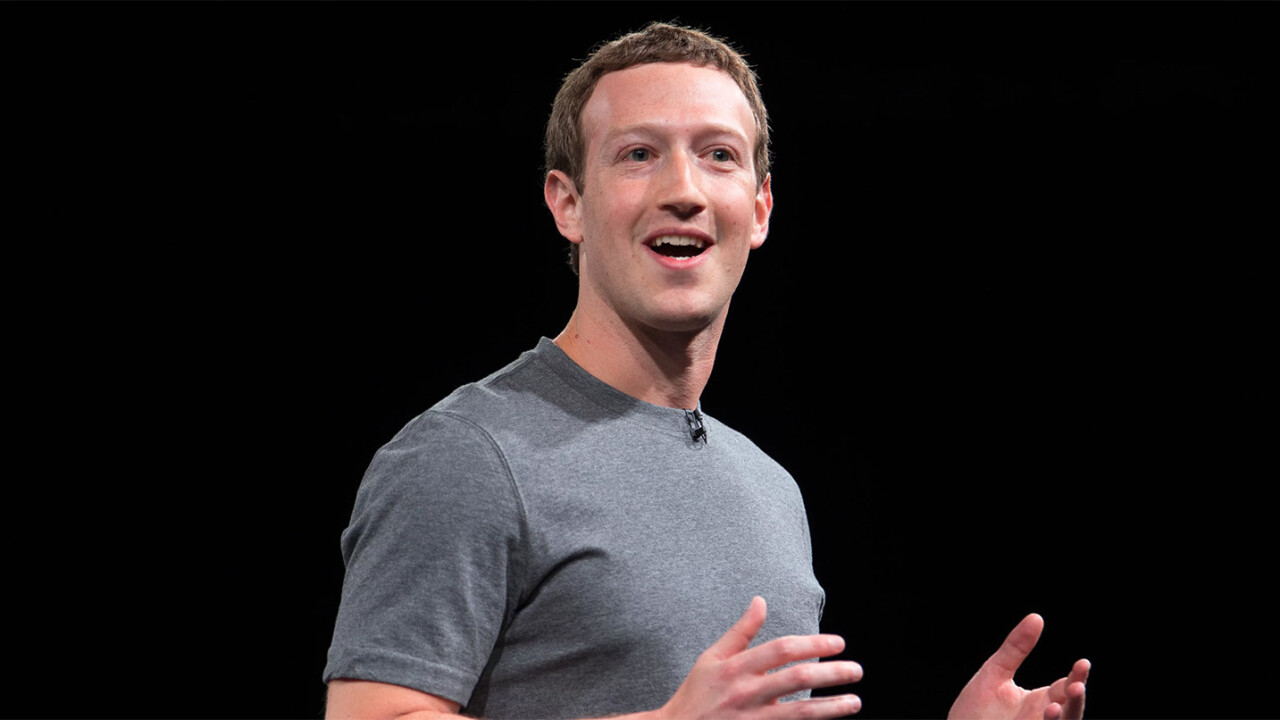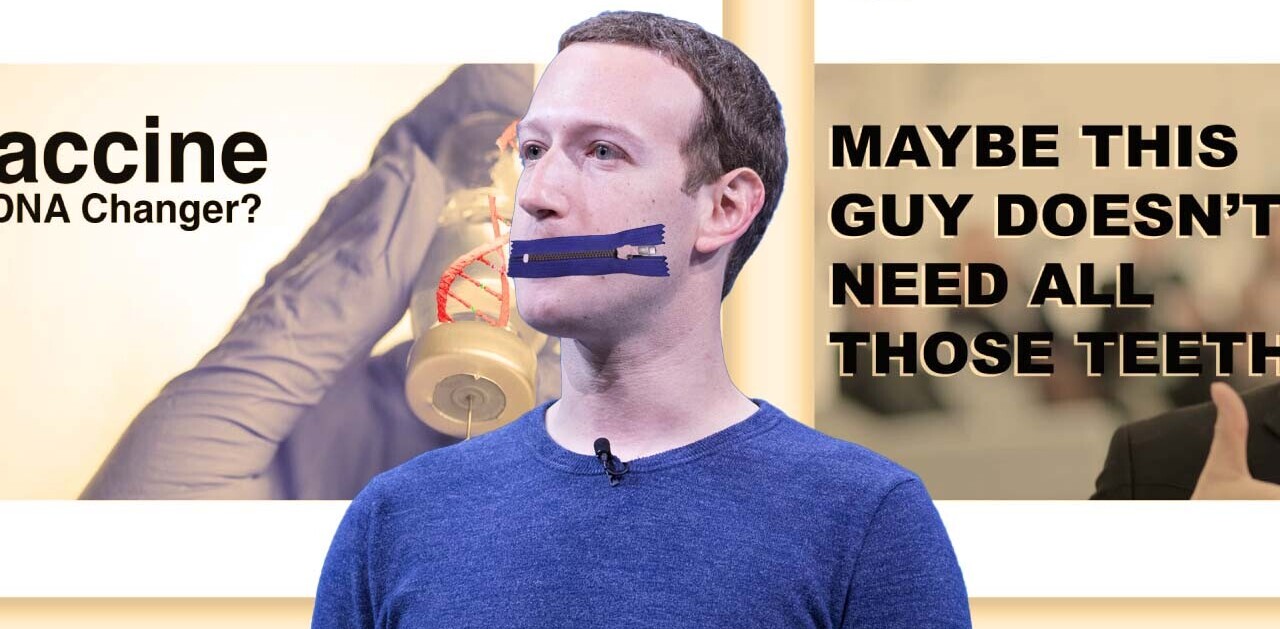Facebook’s been having a rough week, as news broke recently of a misuse of data it provided to data analysis firm Cambridge Analytica. After days of relative silence from his company, Facebook CEO Mark Zuckerberg has responded to the scandal.
He opens by ‘fessing up’ to Facebook’s role in the problem, while in the same breath trying to assure users it was a one-time occurence that couldn’t be repeated:
We have a responsibility to protect your data, and if we can’t then we don’t deserve to serve you. I’ve been working to understand exactly what happened and how to make sure this doesn’t happen again. The good news is that the most important actions to prevent this from happening again today we have already taken years ago. But we also made mistakes, there’s more to do, and we need to step up and do it.
He outlines the timeline of events from the company’s perspective, and how it handled the events as they unfolded up until last week. Again he reiterates that the reason Cambridge’s Dr. Aleksandr Kogan was able to access data was because he created his app before the company limited access to customer data in 2014, and, allegedly, no app made after that point could have access to the same amount of data.
He sums up the debacle by saying:
This was a breach of trust between Kogan, Cambridge Analytica and Facebook. But it was also a breach of trust between Facebook and the people who share their data with us and expect us to protect it. We need to fix that.
Next he says what Facebook are going to do to fix it, including giving users a tool which will quickly revoke app access to their accounts. He stresses that the tool already exists under the user settings (but doesn’t link to it; it’s here if you want to check for yourself).
Facebook also expanded on the steps in a separate blog post. Among the most notable steps it plans to take are:
- Investigating all apps which were approved for data access before the company restricted it in 2014, auditing them for similar suspicious activity
- Informing users if their data has been misappropriated, including those who used Kogan’s original app, “thisisyourdigitallife”
- Disabling an app’s access to a user’s information if they haven’t use the app in more than three months
- Making it easier for users to manage their app permissions, which hopefully includes the ability to mass-disable them — for some users, the number of apps they’ve linked to their Facebook accounts over the years can number in the thousands.
Zuckerberg wraps up his post by assuring users (for the third time…or fourth; I lost count) that this wouldn’t — couldn’t — happen again:
While this specific issue involving Cambridge Analytica should no longer happen with new apps today, that doesn’t change what happened in the past. We will learn from this experience to secure our platform further and make our community safer for everyone going forward.
Sheryl Sandburg also responded on her own page, admitting the company “didn’t do enough to deal with it” when the issue was first discovered in 2015. She mimicked Zuckerberg’s apologetic line almost exactly: “We have a responsibility to protect your data – and if we can’t, then we don’t deserve to serve you.”
If you want a comprehensive breakdown of the story, and why you should care, read Bryan Clark’s take on the whole mess.
Get the TNW newsletter
Get the most important tech news in your inbox each week.






